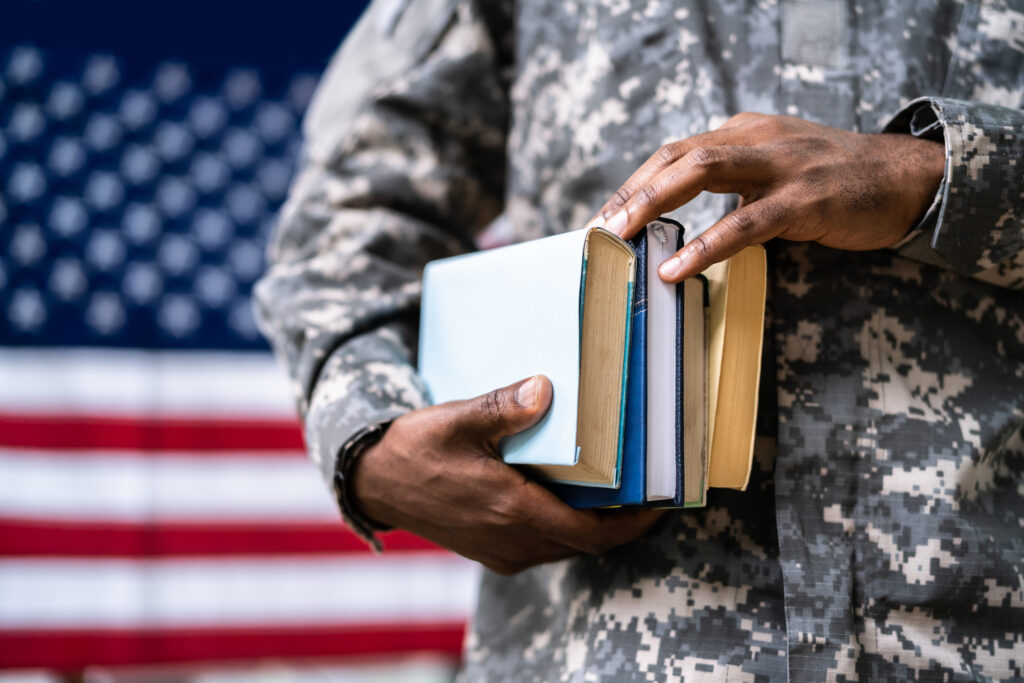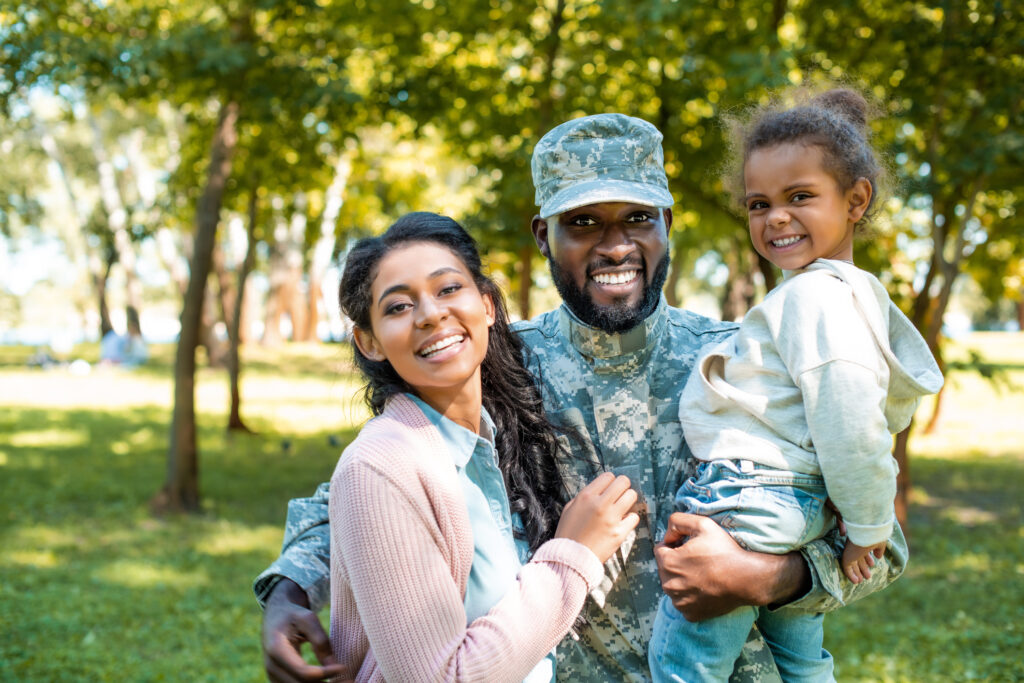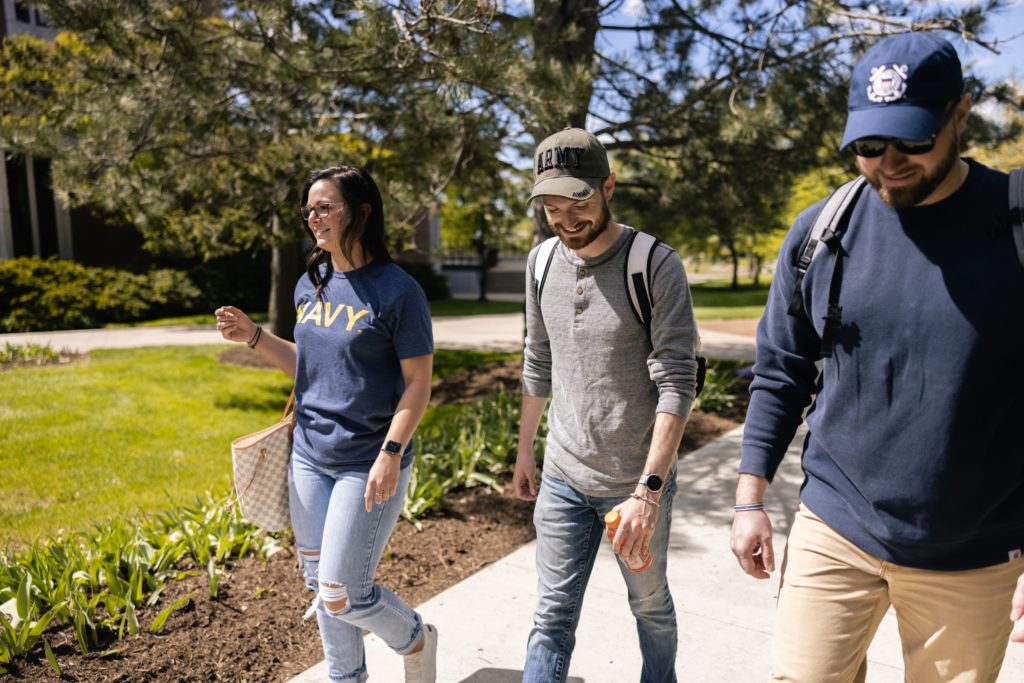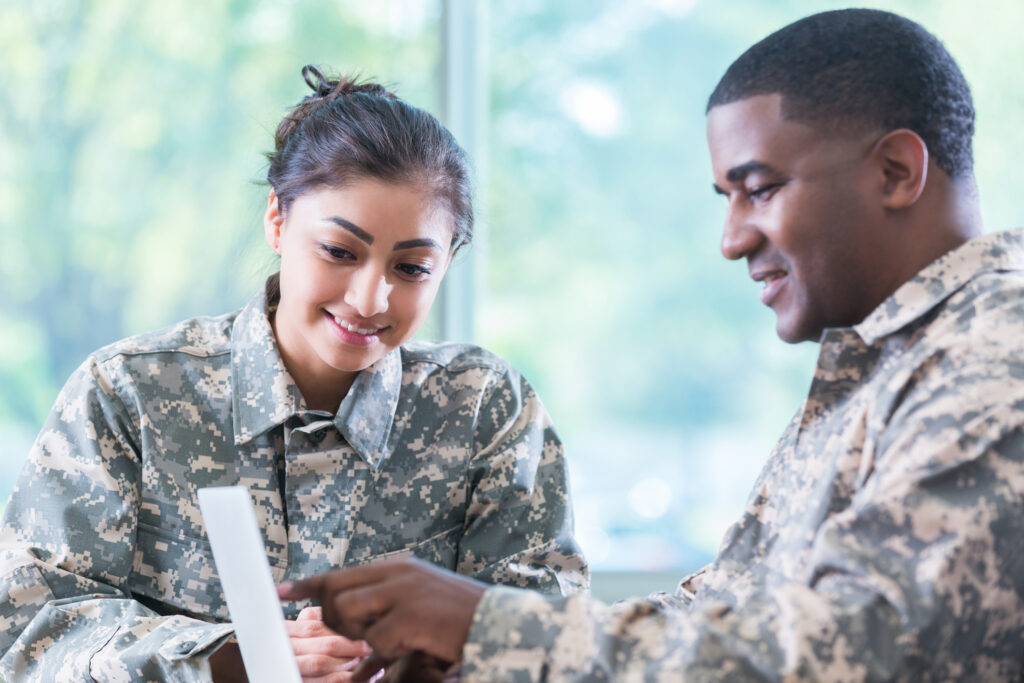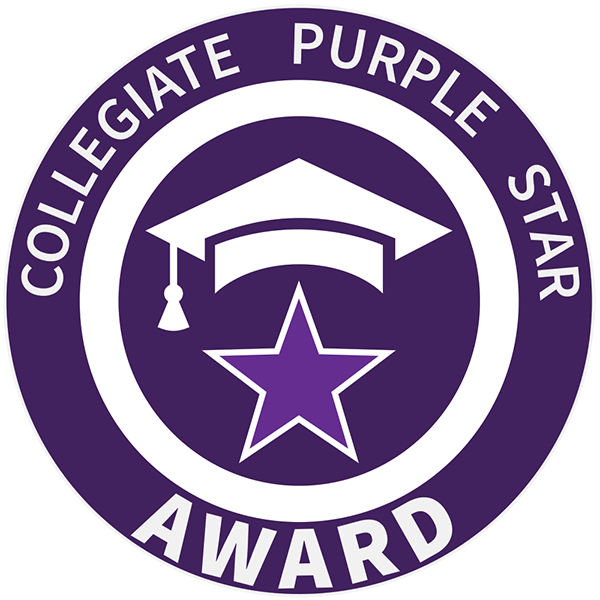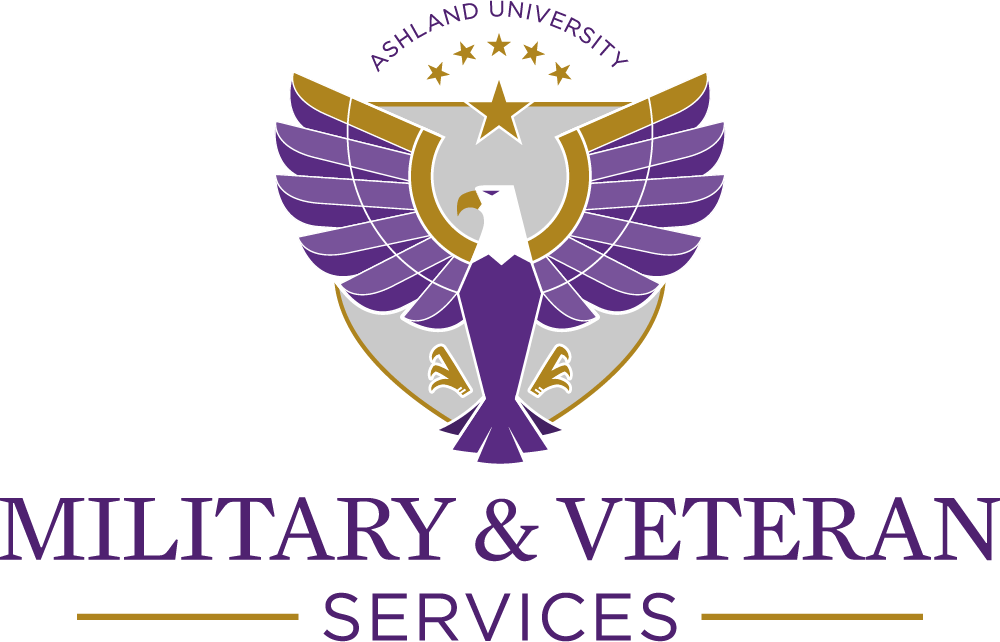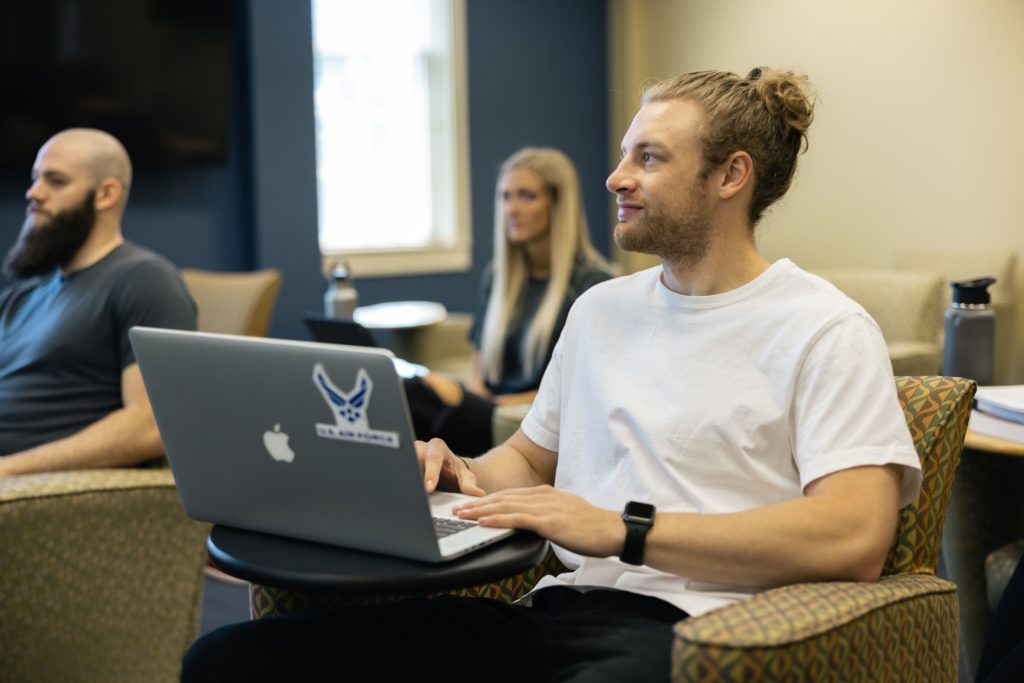
Career Planning Assistance
It’s one thing to get a degree. It’s something else to get an education that prepares you for the rest of your life.
Most colleges offer career planning under the auspices of their student services office. A recent Gallup and Strada poll, however, found that only 20 percent of college students take advantage of these benefits. One of the key reasons for this lack of engagement is often structural.
Some schools’ career planning services are built into the basic student experience. Many more, however, are not.
The question to ask is, “Are these services treated as optional benefits or are they integrated into the core experience of each student?”
Ask this question of admissions counselors and points of contact for each school you’re considering. Ask other students. And if you can find a school that has veteran-specific career planning available, that’s an even better option.
A strong, customized career planning element to the educational support you receive can ensure that the skills you’ve built up to this point can, when combined with a strong, personalized education, grow into a career that aligns with who you are and what you want to do with your life.



